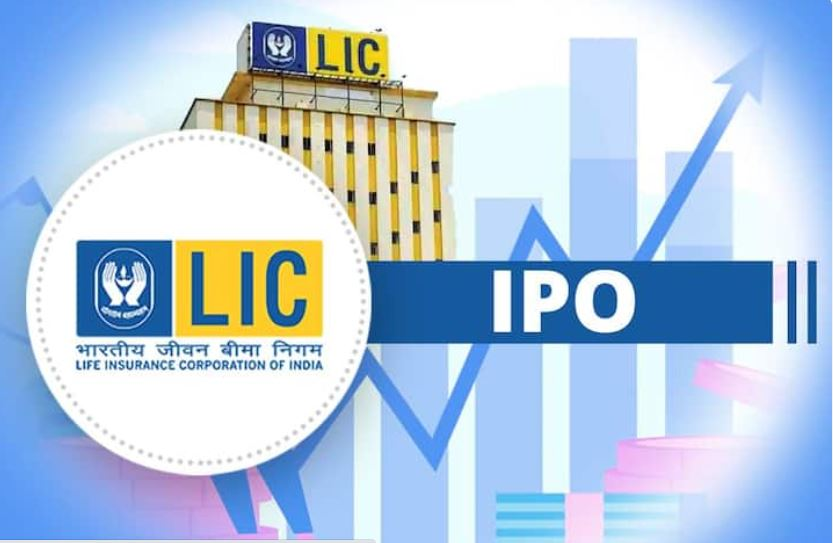




Copyright infringement not intended.
Context
The government-owned Life Insurance Corporation of India (LIC) has submitted a Draft Red Herring Prospectus (DRHP) with the Securities and Exchange Board of India for its massive Initial Public Offering (IPO) (SEBI).
What is the Background?
What is IPO?
Who can invest in an initial public offering?
Conclusion
https://sansadtv.nic.in/episode/perspective-lic-ipo-04-may-2022
© 2025 iasgyan. All right reserved